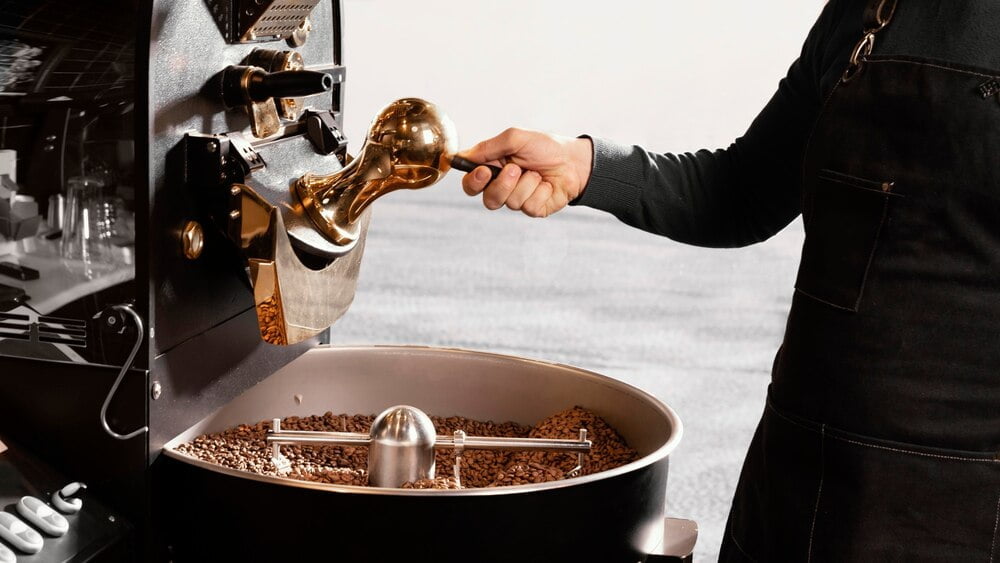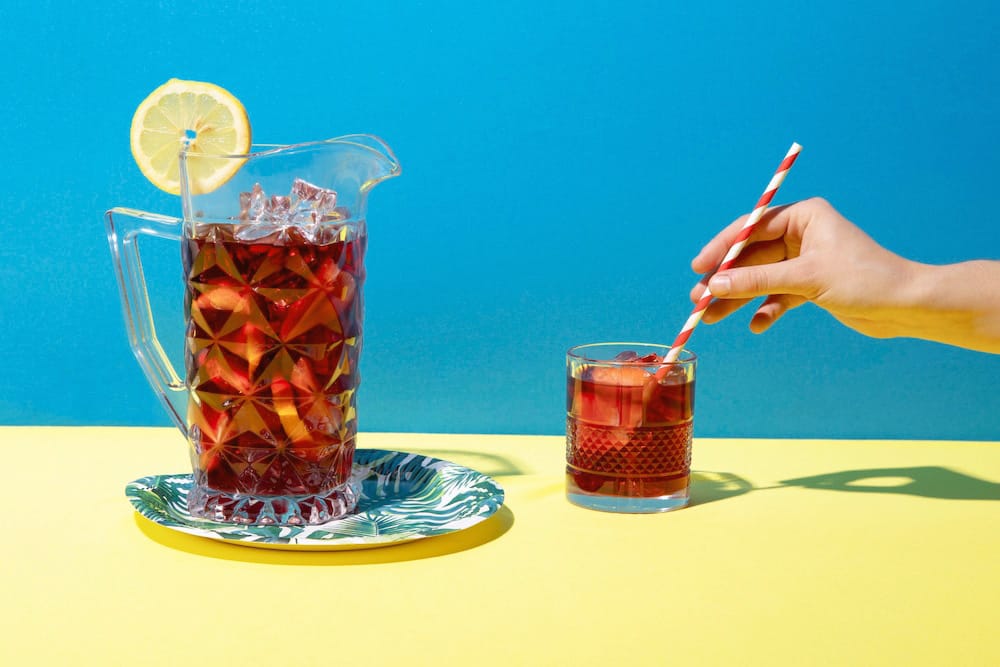Imagine it is a scorching summer day. You crave something cool and refreshing. Now, picture a chilly winter evening. A warm drink to cozy up with sounds perfect, right? Both times, tea can hit the spot. But should you choose iced tea or hot tea? Let’s explore the good and bad sides of each. We will see how they differ. This article makes it easy to understand. It looks at pros, cons, and key differences. We will help you pick the right tea for your needs.
Decoding the Brewing Process
Iced tea and hot tea, while sharing the same base, start with different processes. Knowing how each is prepared affects its taste and benefits.
Hot Tea: A Tradition of Infusion
Making hot tea is a classic ritual. It involves steeping tea leaves in hot water. The ideal water temperature matters. Green tea needs cooler water, around 175°F (80°C). Black tea does better with boiling water, about 212°F (100°C). Herbal teas often benefit from boiling water too.
Steeping time also makes a difference. Green tea steeps for 2-3 minutes. Black tea needs 3-5 minutes. Longer steeping can make the tea bitter. Finding the sweet spot is important for the best flavor.
Iced Tea: Chilling Out with a Twist
Iced tea has several brewing methods. The hot brew method is popular. You brew tea strong and then pour it over ice. Another option is the cold brew method. Here, you steep tea leaves in cold water for hours.
Dilution affects iced tea’s flavor. Ice melts and waters down the tea. Brewing it stronger initially helps balance this. Cold brewing results in a smoother, less bitter taste. Each method provides a different drinking experience.

Nutritional Showdown: Health Benefits Unveiled
Both iced and hot tea offer health benefits. These come from vitamins, minerals, and antioxidants in the tea leaves. The brewing process and any additions can change the nutritional profile.
Hot Tea: A Warm Embrace of Wellness
Hot tea is packed with antioxidants. Polyphenols and flavonoids are common. These compounds fight cell damage. Green tea is famous for its health perks. It may boost brain function and protect against heart disease.
Black tea offers benefits too. It might improve gut health and lower blood pressure. Herbal teas, like chamomile, can promote relaxation. Each type of hot tea offers a unique wellness boost.
Iced Tea: Refreshment with a Healthy Edge
Iced tea provides hydration, which is vital for overall health. Unsweetened iced tea is a low-calorie option. It is better than drinks with lots of sugar. It is a healthier option. Sugary drinks can be bad for you. This is a simple way to make a good choice.
Iced green tea retains many of the benefits of hot green tea. It still contains antioxidants, offering similar protective effects. However, added sweeteners can negate some of these advantages. Be mindful of what you add!

Taste and Preference: A Matter of Palate
Taste is subjective. Whether you like iced tea or hot tea depends on your personal preferences. The temperature, brewing method, and additions all influence flavor.
Hot Tea: A Symphony of Warmth and Aroma
Hot tea offers a range of flavors and aromas. Black teas can be bold and malty. Green teas are often grassy and light. Herbal teas offer floral or spicy notes.
Temperature affects taste perception. Warmth can enhance certain flavors. It can also make aromas more pronounced. Pairing hot tea with food can elevate the experience. A light green tea might complement sushi. A robust black tea could pair well with a hearty breakfast.
Iced Tea: Cool, Crisp, and Customizable
Iced tea delivers a refreshing, crisp taste. It’s highly customizable. Lemon, mint, or fruit are common additions. These can enhance the flavor.
Balancing sweetness is key. Too much sugar can mask the tea’s natural flavors. Finding the right level of sweetness makes all the difference. It can transform a simple drink into a delightful treat.

Practical Considerations: Convenience and Occasion
Consider the practicality of each beverage. This depends on your lifestyle and the situation. Hot tea may suit a relaxing evening. Iced tea is perfect for on-the-go refreshment.
Hot Tea: A Ritual of Relaxation
Brewing hot tea takes time and effort. It’s often a ritual. Heating the water, choosing the tea, and steeping it properly all contribute to the process. It’s ideal for enjoying at home, in a café, or during social gatherings.
Many find tea preparation meditative. It provides a moment of calm in a busy day. The warmth and aroma of the tea can be comforting. The act of brewing becomes a form of self-care.
Iced Tea: Quick Quench on the Go
Iced tea offers convenience. Pre-made versions are readily available. This is ideal for outdoor activities, parties, and casual meals.
Storage is simple; keep it refrigerated. However, homemade iced tea has a shorter shelf life. It’s best consumed within a day or two. Commercial iced tea often contains preservatives for longer storage.
Conclusion
Iced tea and hot tea each have their own merits. Hot tea provides warmth and a soothing ritual. Iced tea offers cool refreshment and convenience. The best choice depends on your preferences. Consider the weather, your mood, and your health goals. Experiment with different teas. Find what brings you the most enjoyment. Enjoy your perfect tea experience!
Discover more from NoseyPepper
Subscribe to get the latest posts sent to your email.










Recent Comments